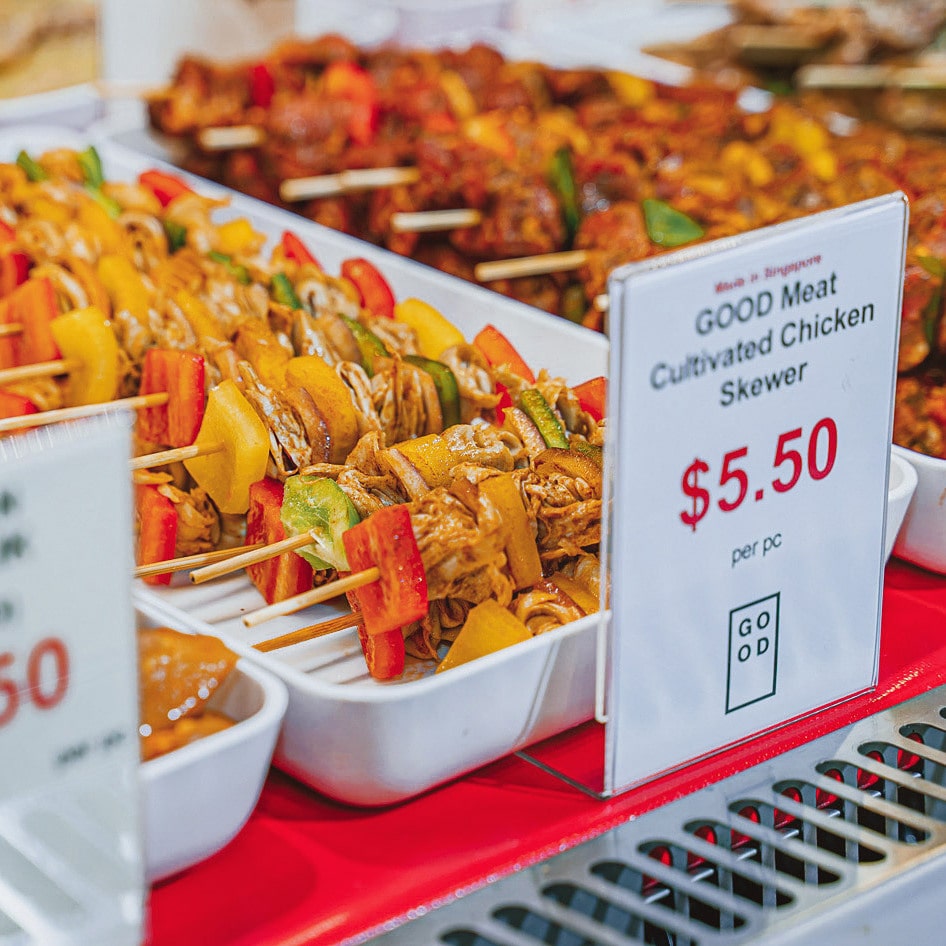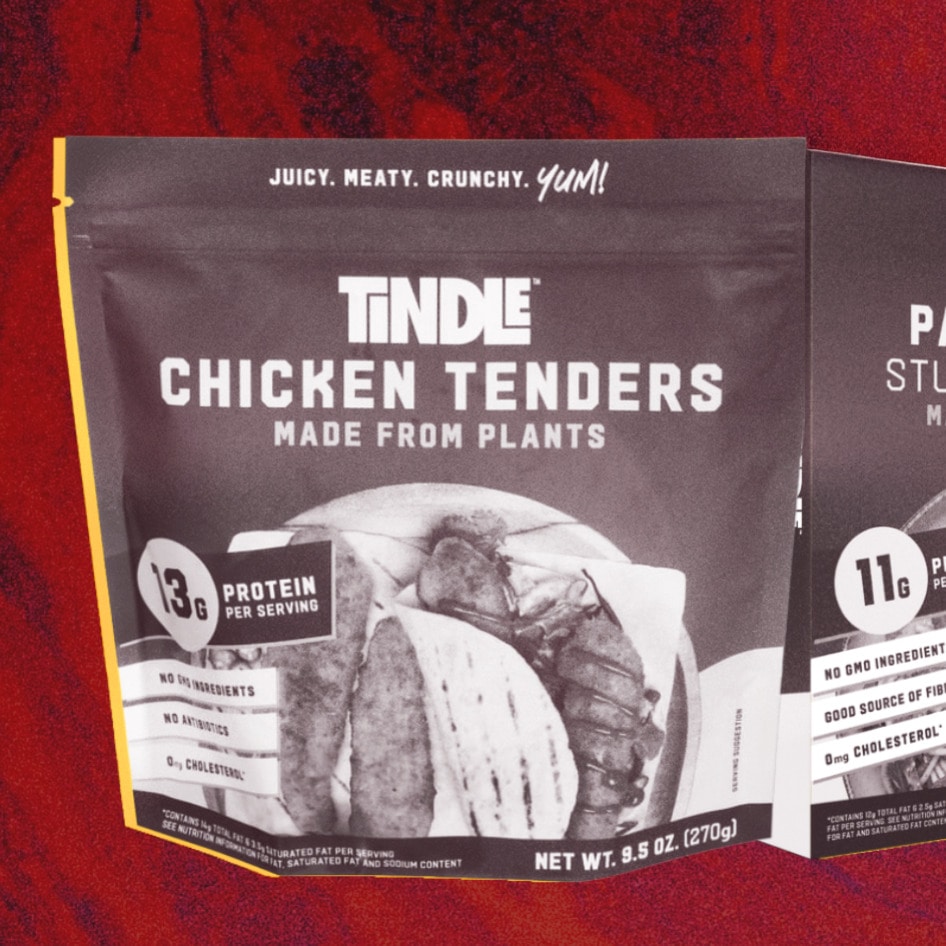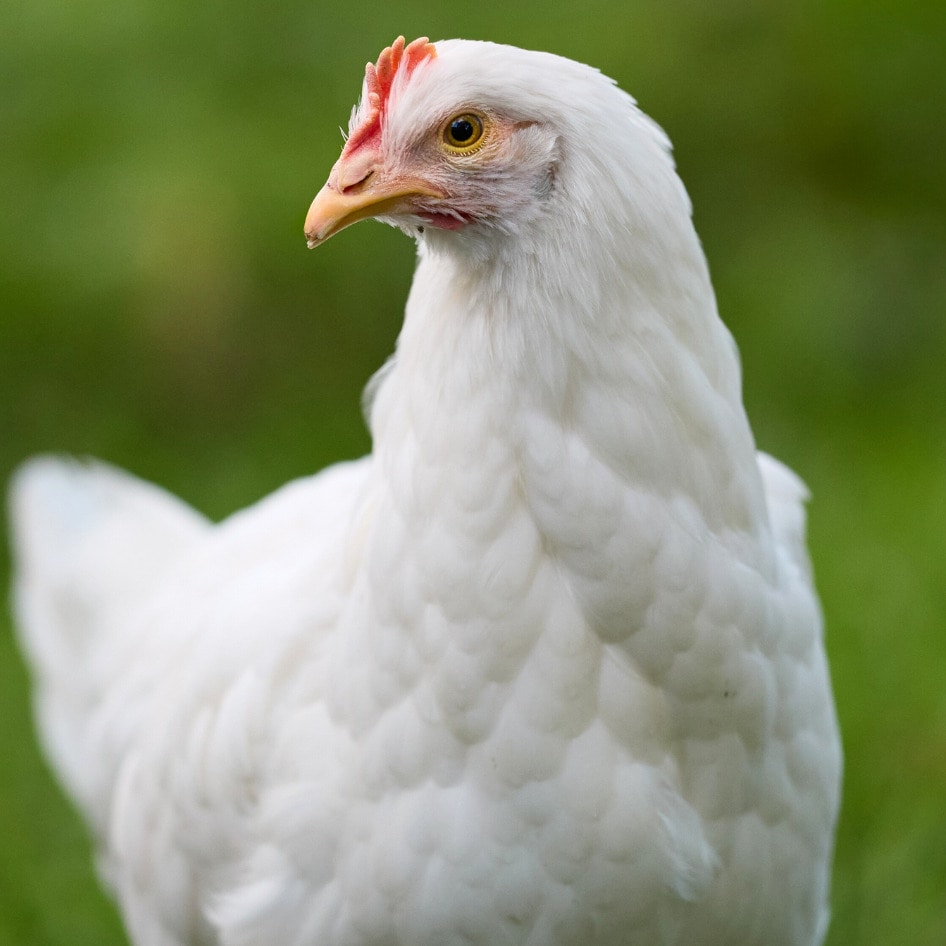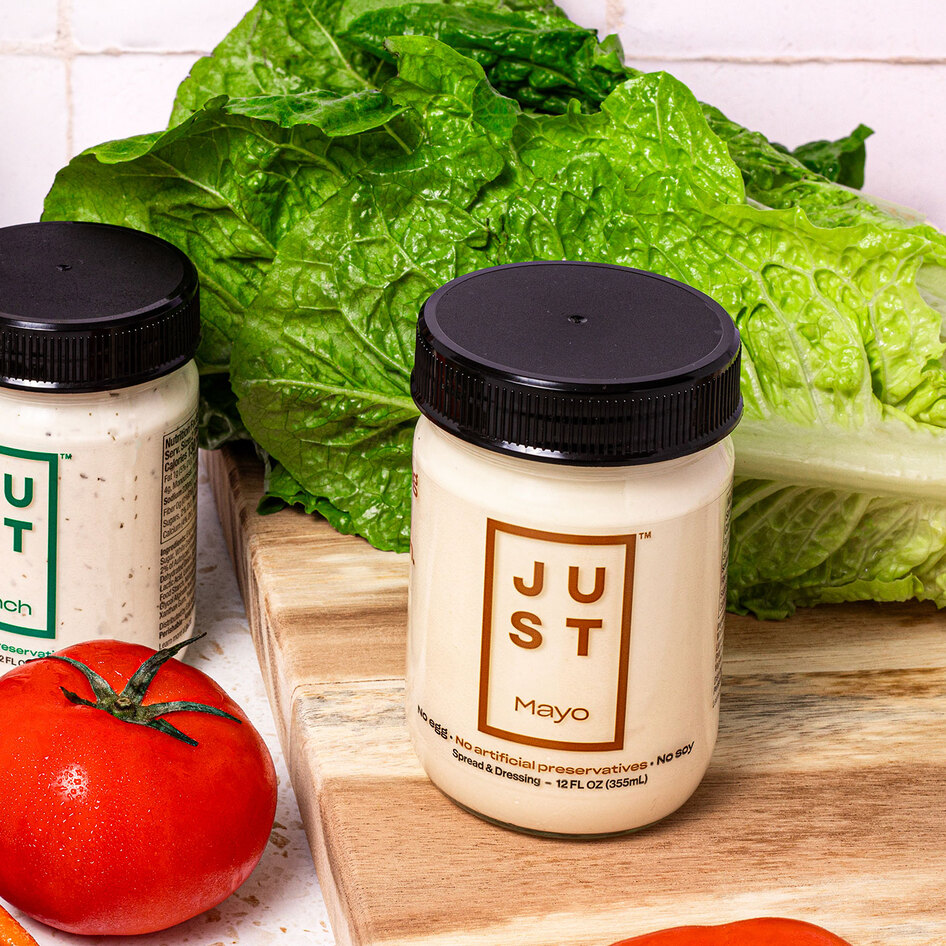This week, Israel-based startup Future Meat Technologies announced that it has drastically reduced the production cost of its unique cultured chicken breast to $7.50 per quarter-pound serving. The company makes slaughter-free meat from a combination of plant-based protein, cell-based chicken, and lab-grown fat—an innovation that cuts the cost of growing animal meat from cells while maintaining the flavor and texture of animal-derived meat.
“Cultured meat technology is the Apollo program of the 21st century,” Professor Yaakov Nahmias, founder and chief scientific officer of Future Meat Technologies, said. “It required massive efforts of biologists, chemists, engineers, and food experts to reduce the cost of cultured meat by over 1,000-fold in just a few years. We are proud to be within reach of cost parity with traditional agriculture without any need to resort to genetic engineering, ensuring the supply of safe, delicious food for coming generations.”
Bringing cultured chicken to market
In 2013, Mark Post—founder of biotechnology company Mosa Meat—unveiled the world’s first lab-grown burger, which cost $325,000 to produce. Since then, a number of companies, including Future Meat Technologies, have been working to reduce the production costs of cultured meat with the aim of bringing their first products to market within several years. In addition to production costs, another hurdle in getting the novel technology to consumers is government regulatory approval. Late last year, Singapore allowed California-based food technology startup Eat Just to sell its cell-based chicken as an ingredient in chicken bites that were offered at upscale restaurant 1880—making Singapore the first country in the world to grant regulatory approval to cell-based chicken.
Future Meat Technologies is also working to get its cultured chicken to market. The startup recently raised an additional $26.75 million in funding through its strategic partners to help commercialize its first products and is working to open its first pilot production facility in the first half of 2021. The startup is seeking regulatory approval in several territories and aims to begin marketing its products to consumers and restaurants in 18 months. In addition to cultured chicken, Future Meat Technologies is working to develop slaughter-free lamb kebabs and beef burgers.
“Cost-efficient production has been a critical focus area for the cultured meat industry,” Future Meat Technologies CEO Rom Kshuk said. “This development is a major step forward in Future Meat Technologies’ ability to provide affordable, scalable, and sustainable products that can meet the growing demand for meat.”
JUMP TO ... Latest News | Recipes | Guides | Health | Subscribe







